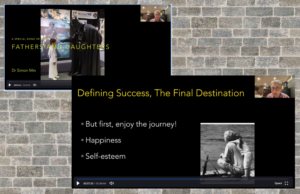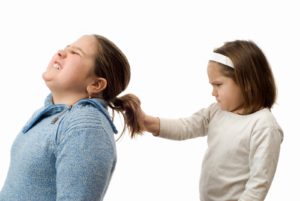Articles
Chaste – and happier – Millennials

The idea that you can enjoy life without having sex is catching on.
The News Story: Less Sex Please, We’re Millennials—Study
The British Guardian reported recently on an American study revealing—to the surprise of everyone involved—that millennials are having less sex than previous generations.
The study found that “the percentage of young adults aged between 20 and 24 who reported having no sexual partner after the age of 18 increased from 6% among those born in the 1960s, to 15% of young adults born in the 1990s.” The Guardian reports that in Britain, data is hinting at similar changes. According to Cath Mercer of University College, London, “In Britain we have seen a decline in the age at first sex between those born in the 1950s and 1990s but around one in five 16-24 year olds don’t report a sexual partner, challenging the stereotype that all young people are sexually active and from a young age.”
And given new research out of Sweden, this is good news for more reasons than one.
(Source: Nocola Davis, “Less Sex Please, We’re Millennials”—BBC, July 29, 2016)
The New Research: Saying No to the Sexual Revolution in Sweden
In the mid-twentieth century, Swinging Sweden commanded the global spotlight as a leader in sexual daring. But in the second decade of the twenty-first century, researchers are finding evidence that the young Swedes now responding to the Sexual Revolution with a firm No (Nej in Swedish) enjoy decided advantages over those who say Yes.
Assessing how sexual abstinence affects young Swedes was the purpose of a study recently completed by a team of researchers from three Swedish Universities: Lund University, Linnæus University, and Linköping University. In carrying out their investigation, the researchers parse data collected from 3,380 Swedish 18-year-olds, focusing their attention on those who were still virgins.
After carefully weighing their data, the researchers conclude that sexual abstinence comes linked to social and psychological benefits. The data indeed indicate that when compared to peers who have engaged in sexual activity, chaste young Swedes manifest “lower pornography consumption, lower alcohol and tobacco consumption, less antisocial behavior . . . lower sexual desire . . . and fewer experiences of sexual abuse.” All of these contrasts satisfy the analytical tests for statistical significance, but the disparity in reports of sexual abuse is truly striking (adjusted Odds Ratio of 25.5). Though it is the gap in vulnerability to sexual abuse that is particularly remarkable, the researchers calculate “increased O[dds]R[atio]s for sexual abuse and physical abuse” for the sexually experienced compared to the sexually continent.
Though the authors of the new study do not identify it as such, exposure to pornography understandably looks like a kind of psychological sexual abuse to many conservative thinkers. So it is perhaps not surprising that the Swedish scholars find that the sexually abstinent 18-year-olds in their study were decidedly less likely to have viewed pornography than were their sexually experienced peers. The researchers report that “the O[dds]R[atio] for never having watched pornography was more than double for the males in the [abstinent] group and six times higher for the females.”
Interpreting the overall pattern evident in their data, the Swedish scholars remark that the sexually abstinent 18-year-olds “seemed to have lived a more stable life than their sexually experienced peers . . . and tended to have more conservative attitudes.” Further scrutiny of the data helps the researchers to identify the kind of family background that fosters the stability of life and the conservatism manifest among the sexually continent. Compared to sexually experienced peers, the sexually abstinent teens in this study were “significantly more likely to be living with their biological parents and less likely to be living on their own, in boarding schools, institutions, or foster care.” The authors interpret this finding in the context of “earlier research from both Western and non-Western countries [concluding] that an intact household or dual-parent family was . . . a protective factor.”
As they reflect on their findings, the researchers see indications that “late sexual debut seems to be the symptom or consequence of several factors during early childhood and adolescence.” Accordingly, they recommend that “preventive measures of various kinds should be directed to families with very young children.” The Swedish researchers do not go very far in spelling out the kind of preventative measures needed, but it is clear that these would include a cultural recovery of the virtue of chastity and a social renewal of intact parental marriages.
(Source: Bryce J. Christensen and Nicole M. King, forthcoming in “New Research,” The Natural Family, 2016, Vol. 31.3 Study: Äsa A. Kastborn et al., “Differences in Sexual Behavior, Health, and History of Child Abuse among School Students Who Had and Had Not Engaged in Sexual Activity by the Age of 18 Years: A Cross-Sectional Study,” Journal of Adolescent Health, Medicine, and Therapeutics 7 [2016]: 1-11, emphasis added.
Reproduced from The Family In America with permission.
This article was written by Nicole M. King
Reposted with permission from http://www.mercatornet.com/family_edge/view/chasteand-happiermillennials/18657







